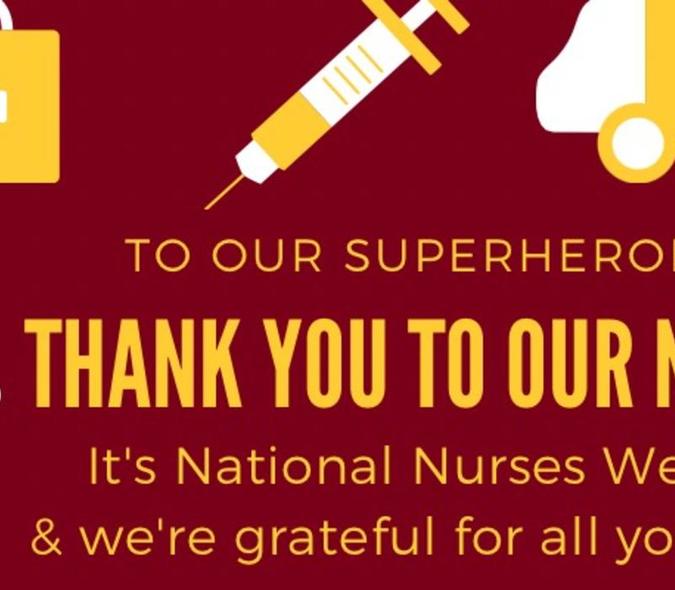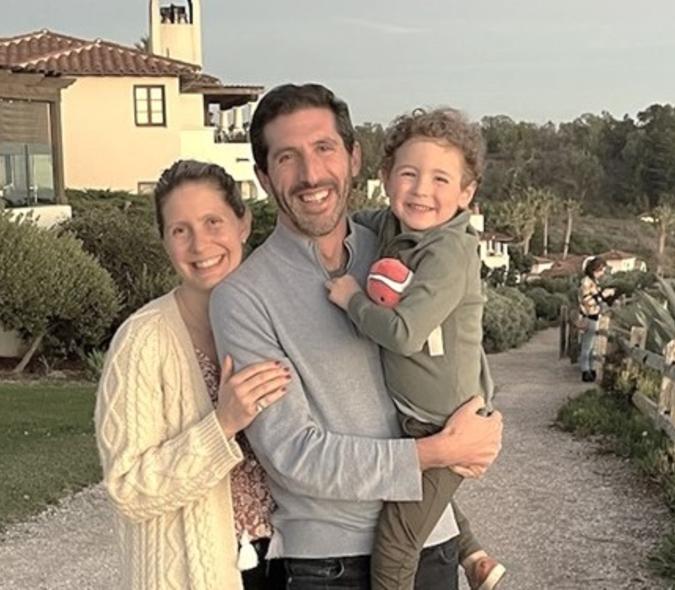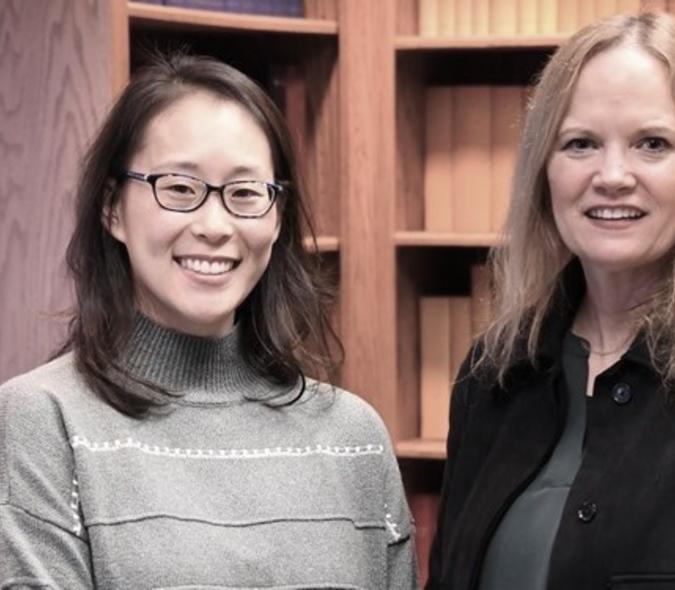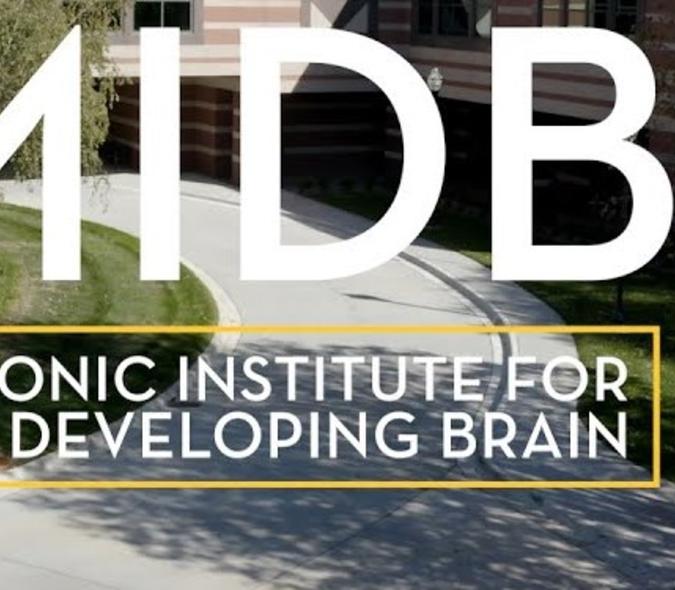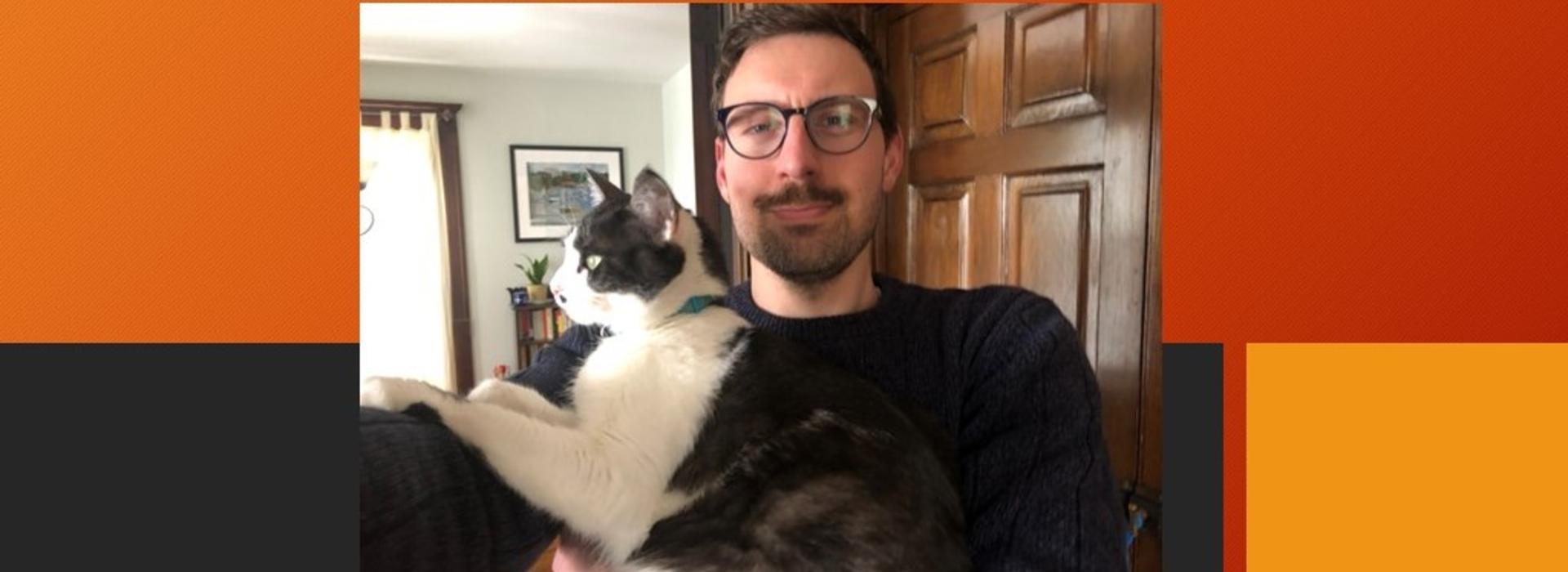
New faculty member to work with treatment-resistant depression patients
Assistant Professor and clinical psychologist Devin Hanson, PhD, LP, is excited to be part of the Department and having the opportunity to help with cutting-edge work. “More broadly, I’m looking forward to being involved in work that’s moving the field of psychiatry forward,” he said. “Being at the U of M also means I’m associated with a world-class institution of higher learning.”
Hanson has joined the treatment-resistant depression (TRD) care team in the Department’s St. Louis Park, MN, clinic and will start seeing patients toward the end of March 2023. Prior to joining the U, he spent more than three years with Hennepin Healthcare in Minneapolis treating patients with severe mental health issues. While there, he served as a preceptor in the psychiatry residency program, and as a primary supervisor for the adult-track psychology internship.
Fine tuned a fascination
Psychology attracted Hanson at an early age. “I remember being fascinated by how other people thought about things,” he said. “Later, I fine-tuned that fascination into focusing on clinical psychology, finding ways to help people with mental health issues.”
Working in community psychology led Hanson to clinical psychology. “I worked in community mental health on issues such as homelessness before starting graduate school,” he explained. “That’s a big part of how I think about psychology and psychiatry – what are ways the field can be oriented toward those who need the most help, those who are disadvantaged in society?”
Providing psychotherapy
Hanson’s role in the TRD clinic will be to provide psychotherapy for patients. “Research shows that people who are classified as having TRD may not have had access to evidence-based psychotherapy for their depression,” he said. “Or if they had access, how well the therapist delivered the psychotherapy is often hard to measure.” Hanson noted that one of the reasons psychologists are becoming a more important part of treatment-resistant depression programs is to bring evidence-based psychotherapy into treatment protocols. “Good psychotherapy, in combination with other effective treatments, such as transcranial magnetic stimulation, vagal nerve stimulation, Ketamine, and electroconvulsive therapy, has been shown to give patients better results,” he said.
In addition to patient care, Hanson is looking forward to helping with ongoing research projects in the TRD clinic. “I’m also interested in exploring access to mental healthcare,” he said. “I want to help discover who is having a hard time getting access to treatment or to research and how we can make sure we’re not excluding people or how to lessen exclusion when it’s identified.”
Educational background
A North Dakota native, Hanson earned his BS in psychology and sociology from North Dakota State University in Fargo. He then graduated from Wayne State University (WSU) in Detroit, MI, with an MA in clinical psychology. Following an internship in clinical psychology with the Ann Arbor, MI, VA Healthcare System, he completed his PhD in the same subject at WSU.
When he has some free time, Hanson enjoys spending it with his wife and toddler, and their two cats. “I also like to embrace the seasons in Minnesota,” he said. “This year, I took up outdoor ice skating, which wasn’t something I did growing up in North Dakota.”
